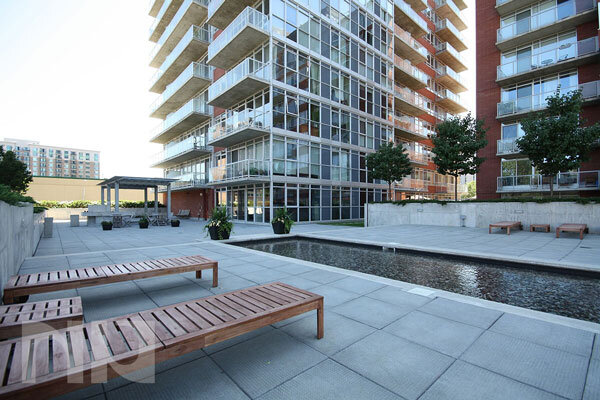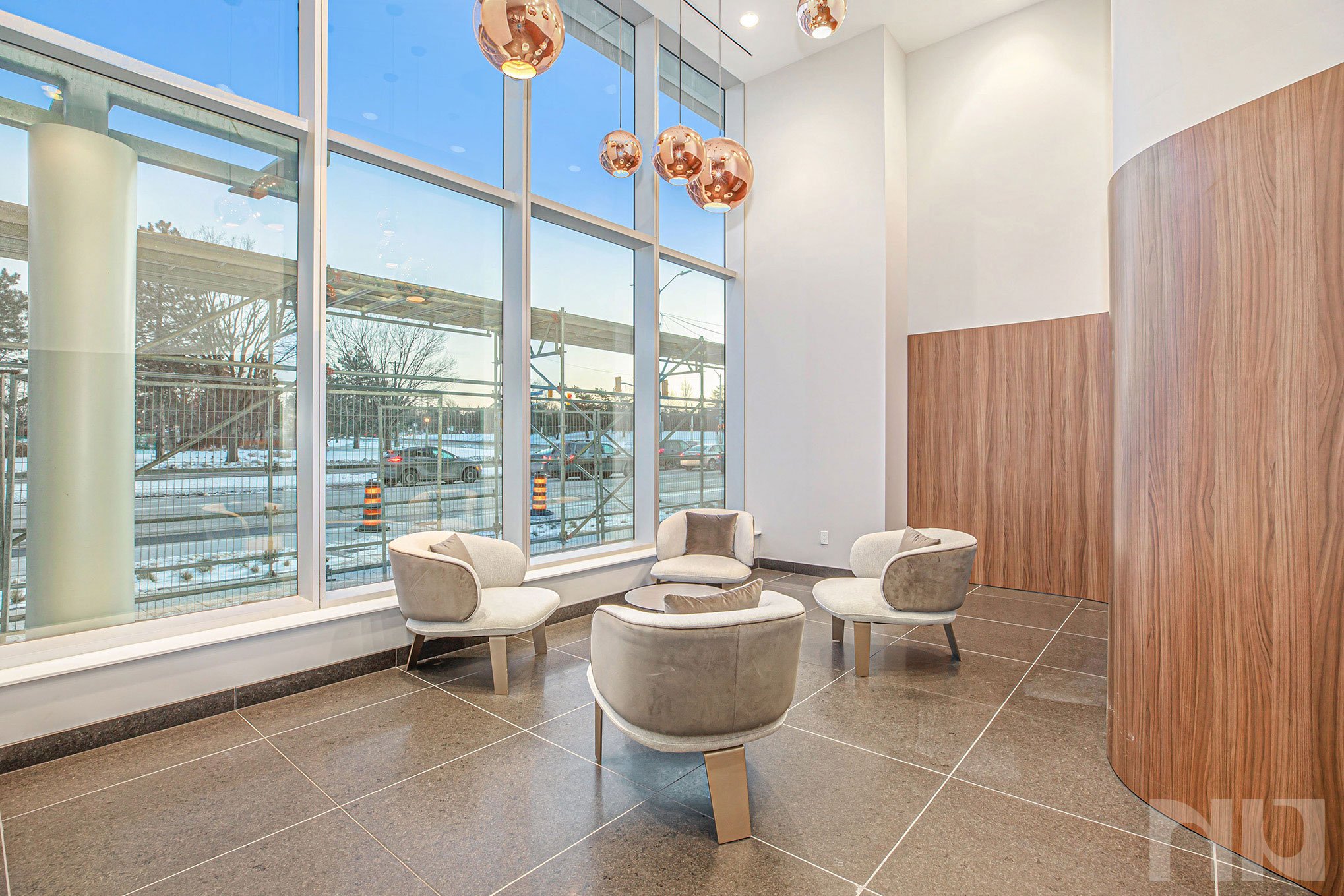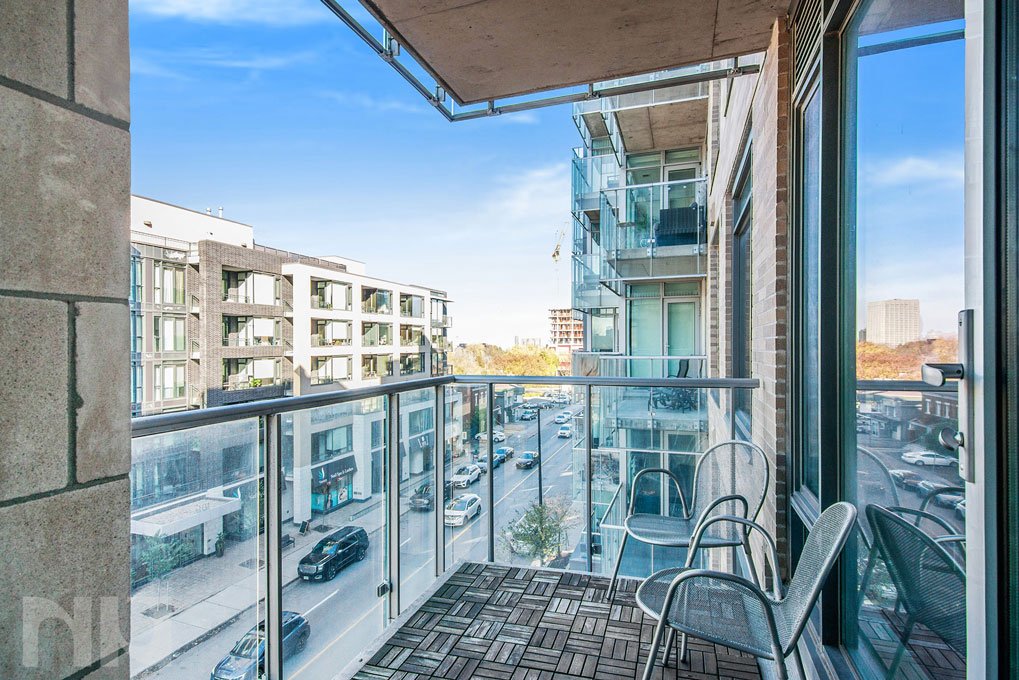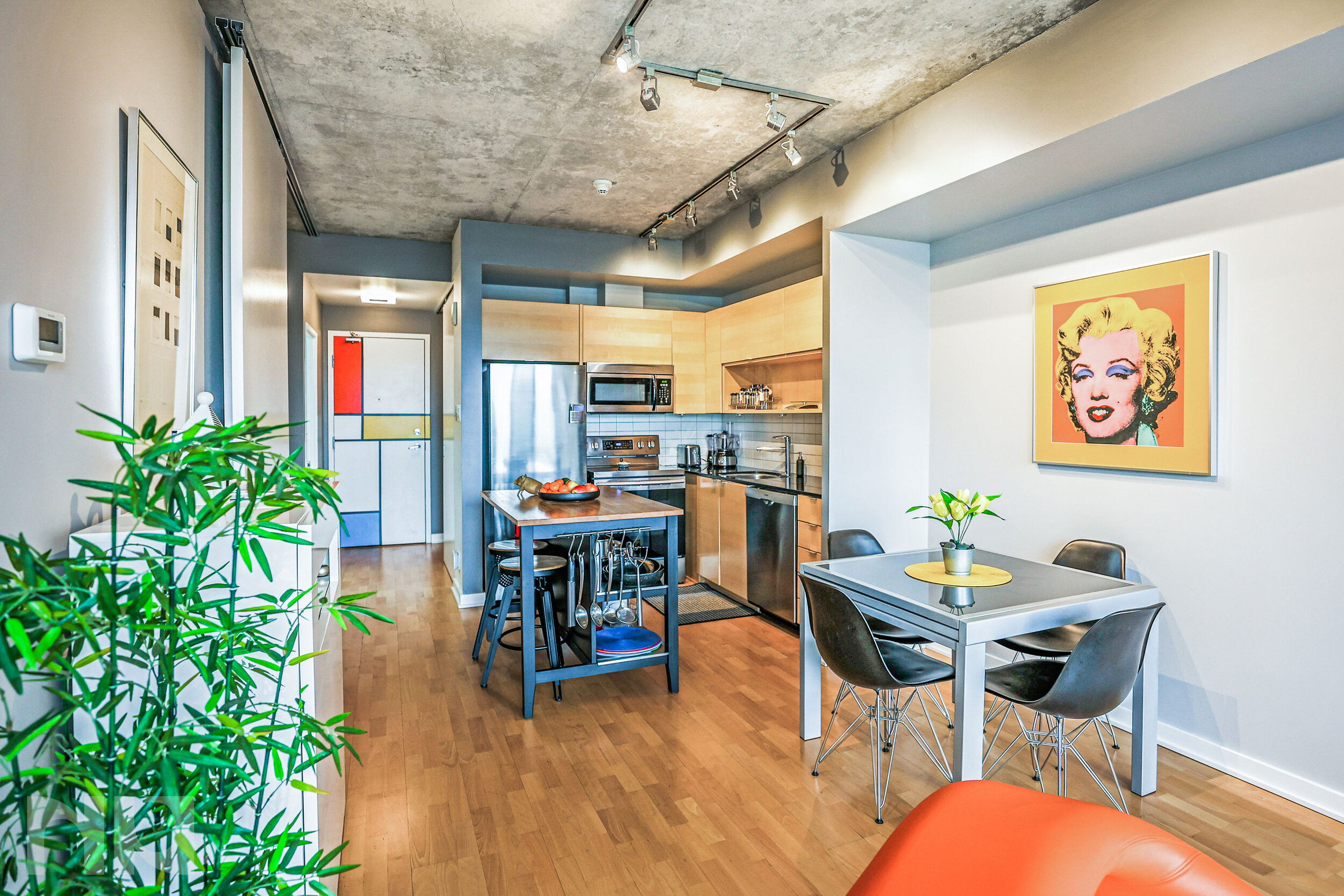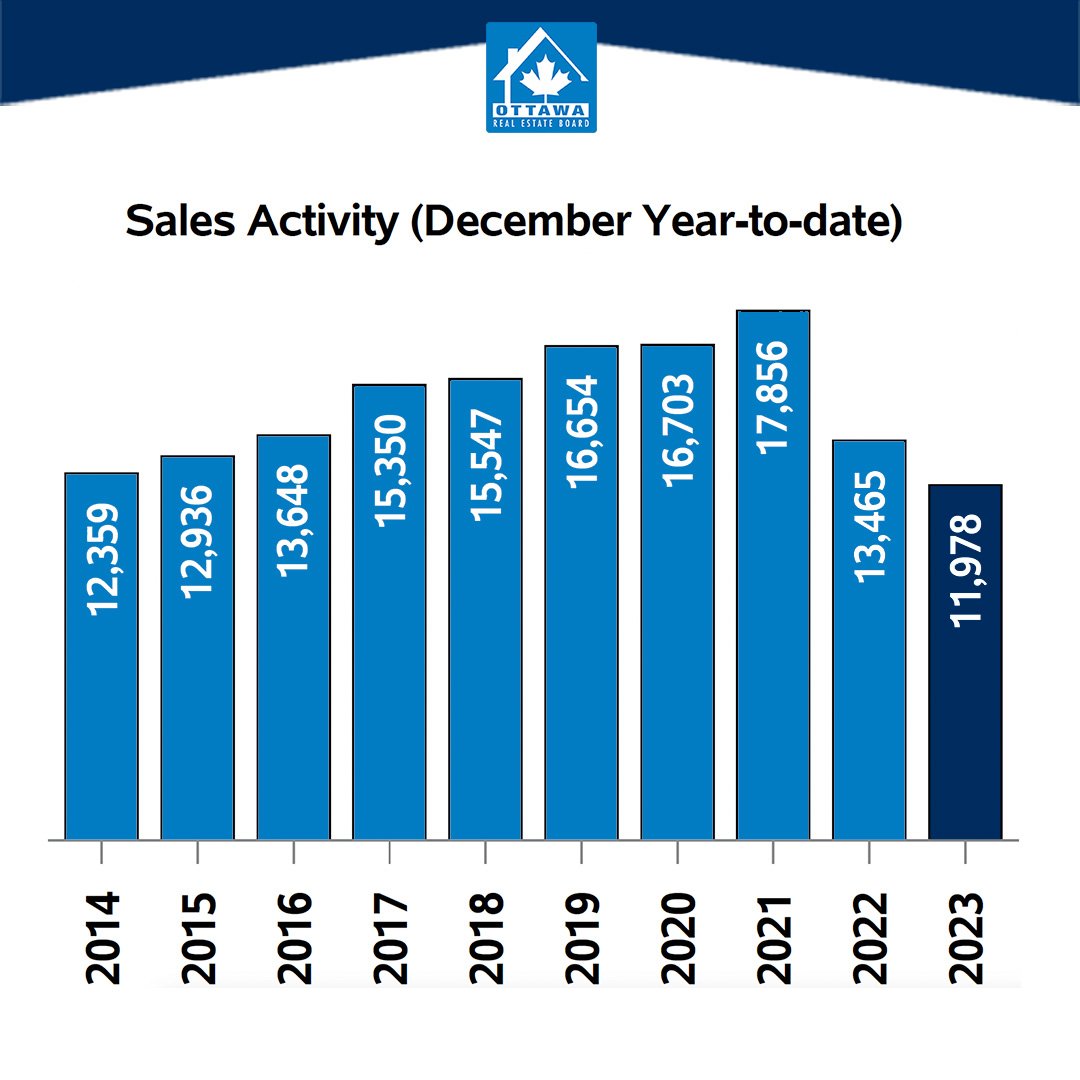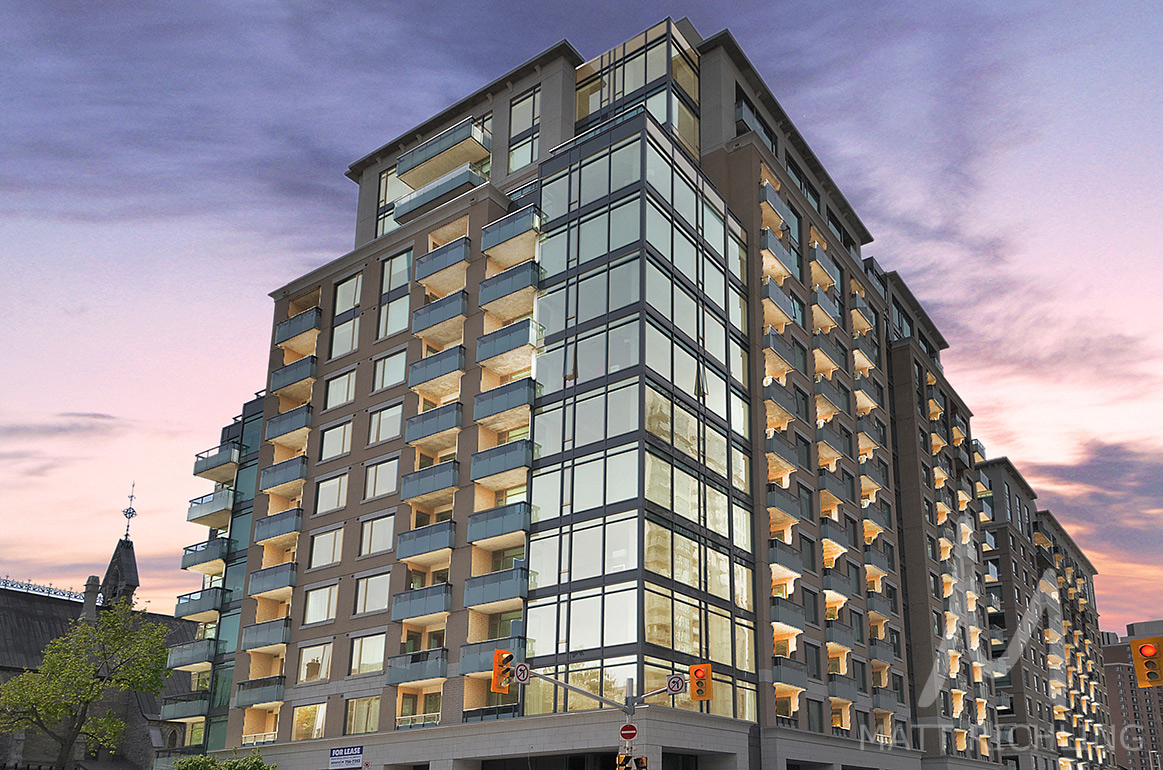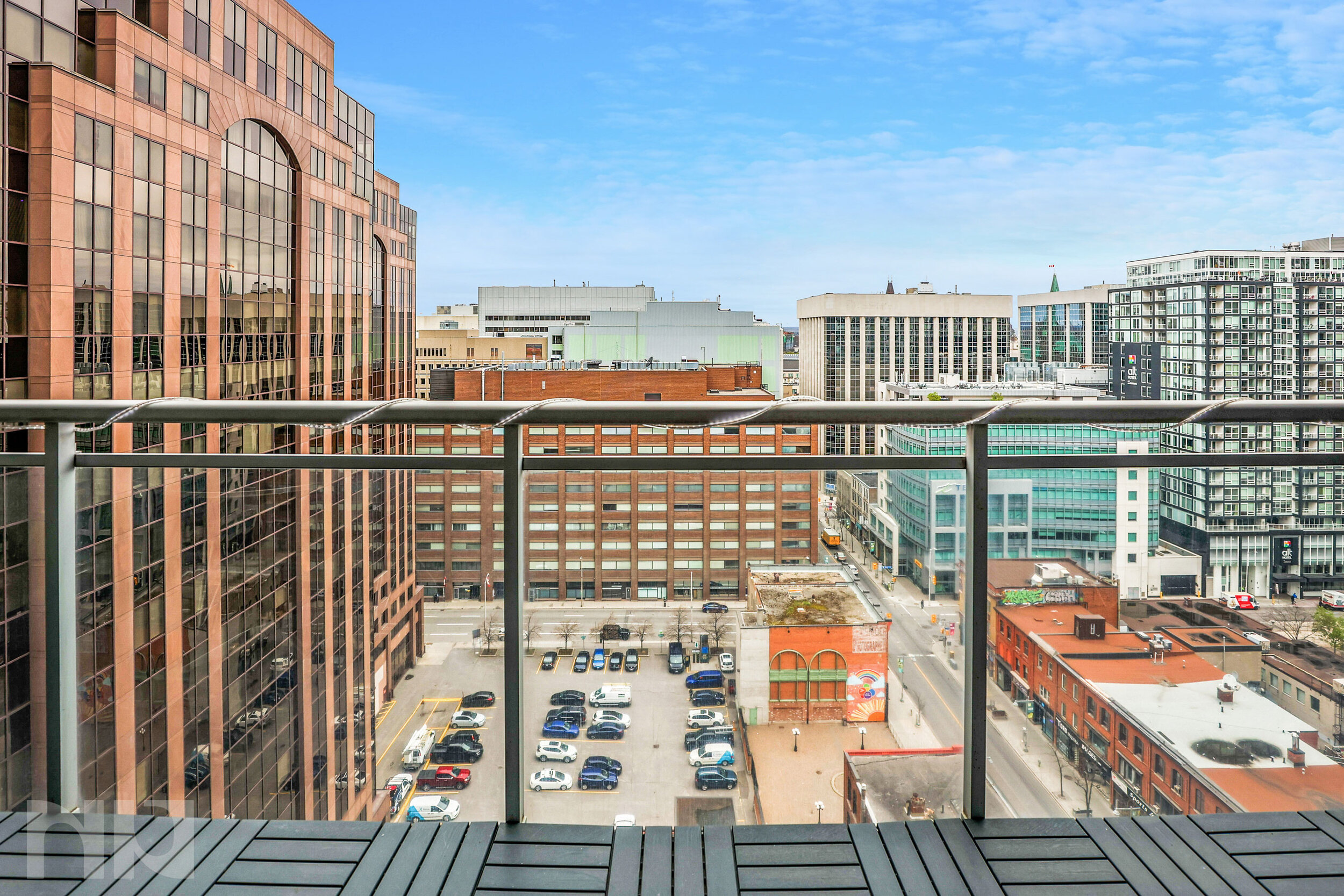
When buying a condo, it's essential to consider not only the features of the unit itself but also its location within the building. Factors such as floor level and orientation can significantly impact the condo's value, resale potential, and overall livability. This guide explores how the condo's location within the building influences these aspects and provides insights to help buyers make informed decisions.
Floor Level:
Higher Floors: Condos located on higher floors often command higher prices due to better views, increased privacy, and reduced noise from street-level activities. They also tend to receive more natural light, making them feel brighter and more spacious.
Lower Floors: Condos on lower floors may offer easier access, especially for those with mobility issues or pets. They often have quicker elevator access and shorter wait times during peak hours. However, they may also experience more noise from street traffic and limited views compared to higher floors.
Orientation:
North-Facing Units: Condos with a north orientation typically receive less direct sunlight, which can be desirable for those seeking cooler temperatures and reduced glare. However, they may lack natural light and have darker interiors, potentially impacting overall ambiance and energy costs.
South-Facing Units: South-facing condos receive ample sunlight throughout the day, creating bright and airy interiors. They often have better views and may be more energy-efficient due to natural heating in winter months. However, they may also be warmer in summer and require additional cooling measures.
East and West-Facing Units: Condos with east or west orientations receive sunlight during specific times of the day. East-facing units receive morning sunlight, while west-facing units enjoy afternoon and evening sun. These orientations can influence daily routines, such as waking up with the sunrise or enjoying sunset views, but may also result in increased heat gain or glare.
Value Considerations:
Demand and Market Trends: The value of condos on different floors and orientations can vary based on local market demand and trends. Higher floors with desirable views may command premium prices, while certain orientations may be more popular depending on factors such as climate and urban development.
Resale Potential: Consider the resale potential of condos based on their location within the building. Units with sought-after features like panoramic views, optimal sunlight exposure, and convenient access to amenities tend to attract more buyers and retain their value over time.
Livability Factors:
Personal Preferences: Assess your lifestyle preferences and priorities when choosing a condo location within the building. Consider factors such as natural light, privacy, noise levels, and accessibility to amenities.
Climate Considerations: In regions with extreme climates, such as Ottawa's cold winters and hot summers, orientation can impact comfort levels and energy efficiency. Choose a condo orientation that aligns with your climate preferences and lifestyle needs.
Understanding how the condo's location within a building, including floor level and orientation, affects its value and livability is crucial for making informed buying decisions. Consider factors such as views, natural light, privacy, and climate considerations to find the perfect condo that meets your needs and preferences in Ottawa's dynamic real estate market.
Interested in learning more? Reach out via phone or email!
















